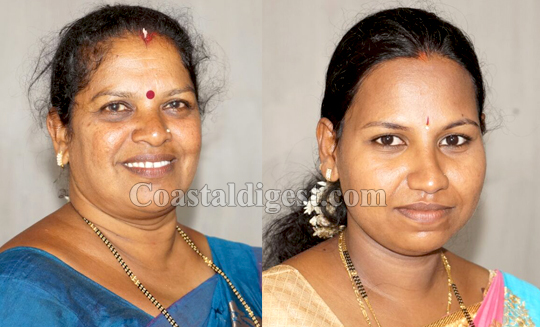Udupi, Mar 29: Meenakshi Madhava Bannanje and Sandhya Kumari Tilakraj of Congress party were elected the president and vice-president respectively of the Udupi City Municipal Council (CMC) for the next 30 months here on Tuesday.
The post of the president of the CMC was reserved for woman (general category), while the post of vice-president was reserved for a woman belonging to the Scheduled Caste.
As Congress has the majority (22 seats) in the 35 member Council, the victory of its candidate was almost confirm. BJP has only 13 seats.
However, finalisation of the candidate was a tough task for the party as there were nine women councillors in the Congress party aspiring for the president's post in the beginning. BJP also had four women councillors.
The three major contenders in the Congress were Meenkshi Madhav Bannanje, Amrita Krishnamurthy and Shobha Poojary. However, ahead of internal voting, Amritha withdraw the nomination and Meenakshi easily defeated Shobha.
As the post of the vice-president is reserved for a woman of the Schedule Caste, there was only one Councillor in the entire council — Sandhya Kumari of the Congress— who was eligible. She represents the Vadabhandeshwara ward. This helped the Congress to finalise its vice-president candidate.
In her speech, Mseenakshi said she will give priority to drinking water supply in the city. She will concentrate on the completion of the pending works. More details are awaited.





Comments
Congrats,,,, more and more women representation will bring down corruption and area will get developed.
We expect sincere efforts of you both for the task you committed. This is good move of Congress party giving opportunity to woman councilors.
do well for your city, getting elected is not a big matter now, doing good for the society is to watch.
Congratulations madam both of u
Congratulations Meenakshi madav
Congratulations to both of you.. all the best.. and god bless you both
Congratulations to the newly elected president of cmc udupi mrs. Meenakshi madhav bannanje and vice president mrs. sandhya thilak raj
Add new comment